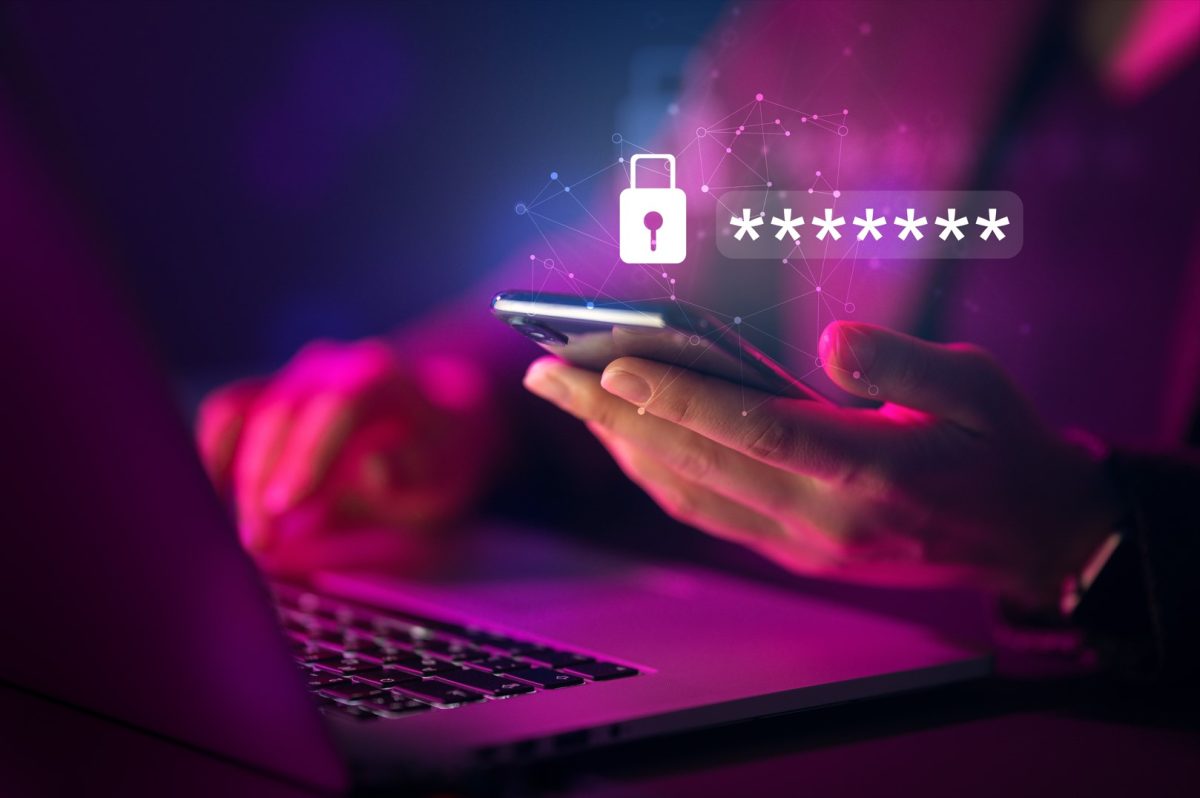Every May 17th, World Internet Day commemorates the founding of the International Telecommunication Union, aiming to promote the significance of information and communication technologies (ICTs) in today’s society. This celebration recognizes a tool that has revolutionized how we interact, work, study, and entertain ourselves on a global scale.
Since its inception on April 7, 1969, the Internet has facilitated unprecedented global connectivity, bridging people and cultures worldwide. However, alongside its exponential growth, which now sees 94% of households in the poorest and 98% in the wealthiest regions of the world having access to the Internet, according to recent international data, cyberspace has also become a place where various dangers lurk, mirroring those in the physical world.
For instance, fraud related to new payment methods reached 38% globally in 2023, encompassing scams involving digital wallets, payment apps, cryptocurrencies, and “buy now, pay later” schemes, as indicated by the study “The Real Cost of Fraud in Latin America” conducted by Forrester Consulting.
These statistics demonstrate that cybercriminals continually enhance their techniques and possess more tools to achieve their objectives. Notably, the United States ranks among the top countries globally facing cybersecurity threats. This includes a rising incidence of ransomware and phishing, recording 17 times more incidents than in 2021 and 2022, according to the latest figures on cybercrime worldwide presented at the recent Cybersecurity Summit.
In response to this landscape, technology companies must now more than ever assume the responsibility of creating secure platforms that guarantee data protection and shield companies from any form of attack. It’s about assessing risks and developing solutions that harness the Internet’s potential while ensuring safe navigation.
At Baufest, we promote projects using the most innovative methodologies, such as DevSecOps, a philosophy where security integrates into all workflows. This approach remains transparent for developers and preserves the capabilities for teamwork, agility, and speed inherent in DevOps and agile environments.
However, it’s not just about constructing secure platforms; we must also encourage public and private organizations to collaborate on initiatives that foster universal access, digital literacy, and combat the persistent digital divide. Globally, less than 50% of the population has fixed broadband connectivity, and only 9.9% have high-quality fiber at home, according to World Bank data.
Achieving digital literacy across the entire population is no easy task. It entails not only knowing how to use electronic devices or navigate the Internet but also understanding how technological tools function, discerning relevant information from credible online sources, and safeguarding our digital privacy and security.
Nevertheless, investing in digital literacy is imperative. By promoting digital literacy, we provide technological knowledge to all individuals, promote greater social inclusion and equity, and strengthen collective economic and social development.
Today is a pivotal moment to redouble efforts to overcome the primary challenges faced by our information society, which relies on technology to enhance every aspect of life and business. While the journey ahead remains lengthy, I trust that society, businesses, and governments will contribute to our continued evolution in this new digital era, harnessing the advantages offered by the Internet.


